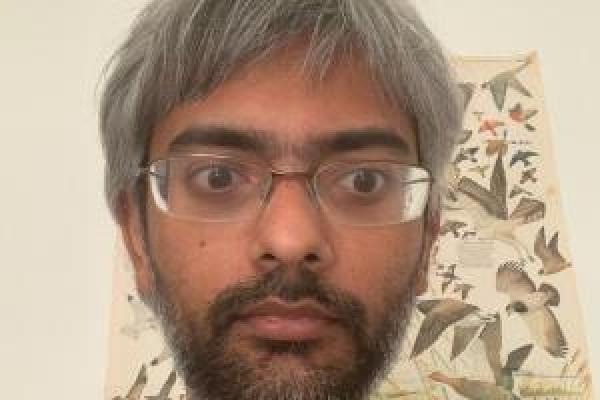
Colloquium: Prof. Sarang Gopalakrishnan, Princeton University
Learnability transitions in open quantum systems
Event Details
- Date: January 14, 2025
- Time: 3:45 - 4:45 PM
- Location: 1080 Physics Research Building
- Faculty Host: Ilya Gruzberg
Abstract
How much can an observer learn about the state of an evolving many-body quantum system by making intermittent local measurements? Surprisingly, the rate of learning undergoes sharp phase transitions as the measurement rate is increased, between a “fuzzy” phase (for infrequent measurements) in which chaotic many-body dynamics effectively hides information from the observer, and a “sharp” phase (for sufficiently frequent measurements) in which information can rapidly be extracted. This learnability transition can be interpreted as a novel type of spontaneous symmetry breaking—called strong-to-weak symmetry breaking—that is specific to open quantum systems. I will introduce the physical mechanisms behind learnability transitions, discuss experimental realizations of these transitions using trapped ions, and comment on the relation between learnability transitions and other recently studied phenomena in monitored quantum systems, such as measurement-induced entanglement transitions and threshold transitions for quantum error correction.
Bio
Sarang Gopalakrishnan got his PhD from the University of Illinois at Urbana-Champaign in 2012. After postdocs at Harvard and Caltech, he has taught at the City University of New York, Penn State, and (since 2022) at Princeton.
